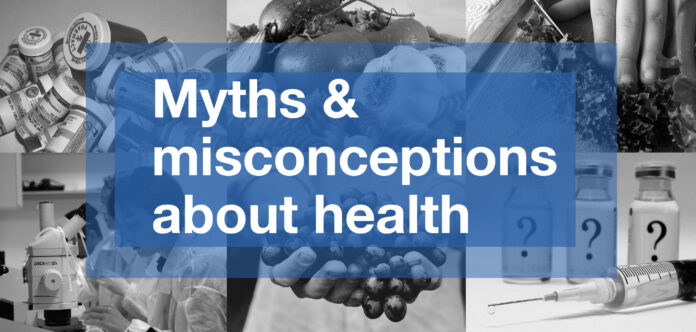
Growing up in the United States, you were more than likely taught and maybe even scolded by your parents, grandparents and other authority figures to drink milk. They all probably told you that milk has calcium and probably emphasized that milk consumption is necessary for building strong bones. But is milk really the best source of calcium? And does calcium really encourage bone strength and help to prevent osteoporosis? And if so, how much calcium do we really need to consume? These questions adequately encompass the common misconception that milk is the best source of calcium and prevents bone damage.
Spinach and Kale Have Calcium?
Calcium sources are out in nature and milk is merely one. Plant-based sources such as spinach, kale and other dark leafy greens as well as legumes also contain substantial amounts of calcium. Unfortunately, few people are actually aware of this information. Milk seems to dominate common calcium discourse. Perhaps this is because people tend to believe it is either the only source of calcium or that it is the best source of calcium. However, you can get your required intake of calcium from vegetables or fortified drinks such as orange juice or soy milk.
In addition to this, there are reasons that highly suggest milk might not be the best source of calcium. First of all, there are a number of individuals who are lactose intolerant, which means that the consumption of dairy products causes them problems like cramping, bloating and diarrhea. Milk is also not very heart-friendly because it is so high in saturated fats. Essentially, saturated fats compromise the proper functioning of your cardiovascular system by raising blood cholesterol levels, which increases your risk of heart complications. The majority of saturated fats consumed by the general population come from animal products such as red meat, cheese, milk, etc. One important thing to note is that calcium is not the be-all, end-all for bone strength. Vitamin D and regular exercise are just as important for building strong bones.
Where does milk even come from?
Along with the health concerns of milk consumption, there are also ethical concerns. That is, where the milk is actually coming from is hardly ever questioned. It is hidden, ignored or deemed unimportant. We know milk comes from cows, but that is usually about as much as people are aware of.
Generally, people don’t know how the cows are treated, how the cows are milked or how the cows are bred. The cows are not treated as carefully as we would like to imagine. They’re not groomed and fed nutritious food — they’re kept in small environments and are fed whatever hastily fattens them up. The cows are inseminated and then have their calves taken away at birth to either be raised to produce milk if they are female or to produce beef if they are male. They may “just be animals,” but so are the animals we keep as pets. Why should sentient beings be hierarchized? What makes a dog or a cat inherently better than a cow? It may be argued that it is the “circle of life,” and yet most people would cringe at the thought of butchering the meat they consume. The aesthetically pleasing packaging erases what actually occurs.
It is unclear why this information on milk is not widely dispersed. This information might not be in the favor of large corporations, which profit off of the widely held conception of milk as a vital source of calcium. Dairy farms and companies would lose money if more people were aware of other calcium sources and the ethics behind their practice.
Swap Milk For Veggies
You may be thinking so what. So what if milk is not that good for you—lots of things are not “good” for you, right? You would not be wrong in thinking that. However, the point of this is not to make individuals feel wrong for consuming milk nor is the goal necessarily to make readers feel obligated to give it up. The point, instead, is to encourage readers to be more conscious of the health information that is popularly accepted and practiced. Ultimately, I hope to leave readers questioning the objectivity of so-called facts. So ask yourself this, why do you consume milk? Is it to build strong bones? Is it because you heard it on the news, read it on some website, or because someone told you to? If your overall concern is receiving an adequate amount of calcium, then I suggest you look beyond the dairy aisle and open your horizons to the wide variety of plant-based foods that offer the same source minus the saturated fats and indigestion.
If debunking, debating and questioning the “man” is in your repertoire please feel free to contact Tiffany Marquez at tmmarquez@ucdavis.edu.
Graphic by Tiffany Choi.




